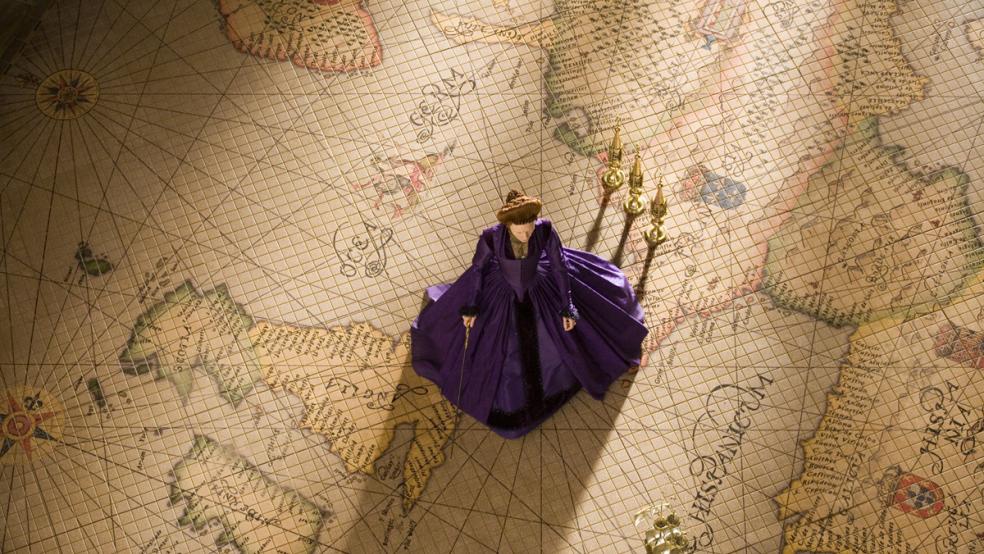New books by former Defense Secretary Robert Gates and about former Secretary of State Hillary Clinton have already gotten the waters churning in the shark tank that is Washington, D.C. For those interested in getting a broader sense of the world than might appear in these books or, say, Politico, these recent works of non-fiction are my choices for the best of 2013.
Related: 6 Great Novels Worth Reading in 2014
The Lost Carving by David Esterly
If you're interested in history, in historical artifacts, or just in creativity, you need to read this. Esterly is a carver in limewood. The tale at the heart of this book is his work on restoring sculptures by Dutch-British sculptor Grinling Gibbons that had been destroyed by a fire. It was Gibbons' 17th century work that pushed Esterly into carving, and the book becomes a contemplation of what it means to create with one's hands.
The War That Ended Peace by Margaret MacMillan
MacMillan is one of the key historians writing for the general public today about the 20th century, and I don’t say that lightly. This time, she’s turned to the causes of World War I – the conflict that shaped the world she has devoted her life to studying. She chronicles the developments in the prewar years, from shifting alliance patterns to popular culture, to explain just how and why the range of options available to policymakers narrowed year by year. It’s impossible to read this and not hear a ticking clock in the background and wonder why leaders of a century ago couldn’t hear it just as loudly.
Walking Home by Simon Armitage
Armitage, a well-known British poet, walks the Pennine Way, a national trail in England, “backwards,” north to south, heading back to his Yorkshire home and giving readings en route. It’s a thoughtful and funny book that leaps from his attempts to cover his costs solely from donations during his poetry readings (and to carry the heavy coins) to the details of his walks – getting lost in the mist, struck with awe at the landscape, dealing with blisters and pain. A great travel yarn.
The Watchers by Stephen Alford
This is a great choice for history buffs, chronicling the war of nerves and intellects that pitted Elizabeth I's spymasters – Francis Walsingham and his heirs – against French/Spanish/papal agents. It's a great reminder that a reign that we now view as a golden era was in reality uncertain and full of peril; that the 1588 invasion by the Spanish Armada wasn't an anomaly but merely the tangible manifestation of a lifelong threat that Elizabeth and her advisors had to deal with.
Gun Guys by Dan Baum
At last, a book about what gun ownership feels like, told by someone who is struggling to understand his own affection for guns. Baum tours the landscape of the gun subculture, telling its tale, even as he examines his own interest with guns. In light of the polarizing debate, this felt like an important book to read. It didn't change my own views, but it made me more reflective.
Amsterdam: A History of the World’s Most Liberal City by Russell Shorto
This isn’t without its flaws (Shorto gives the 18th and 19th centuries short shrift), but if you want an immensely readable and even chatty glimpse into the philosophical underpinnings of Amsterdam during its evolution, its golden years and today, this is the book to read. It’s also going to be interesting to those curious about the evolution of liberalism (in the classic sense) in political life, and the rise of individuals to become participants in their societies.
Top Reads from The Fiscal Times:





